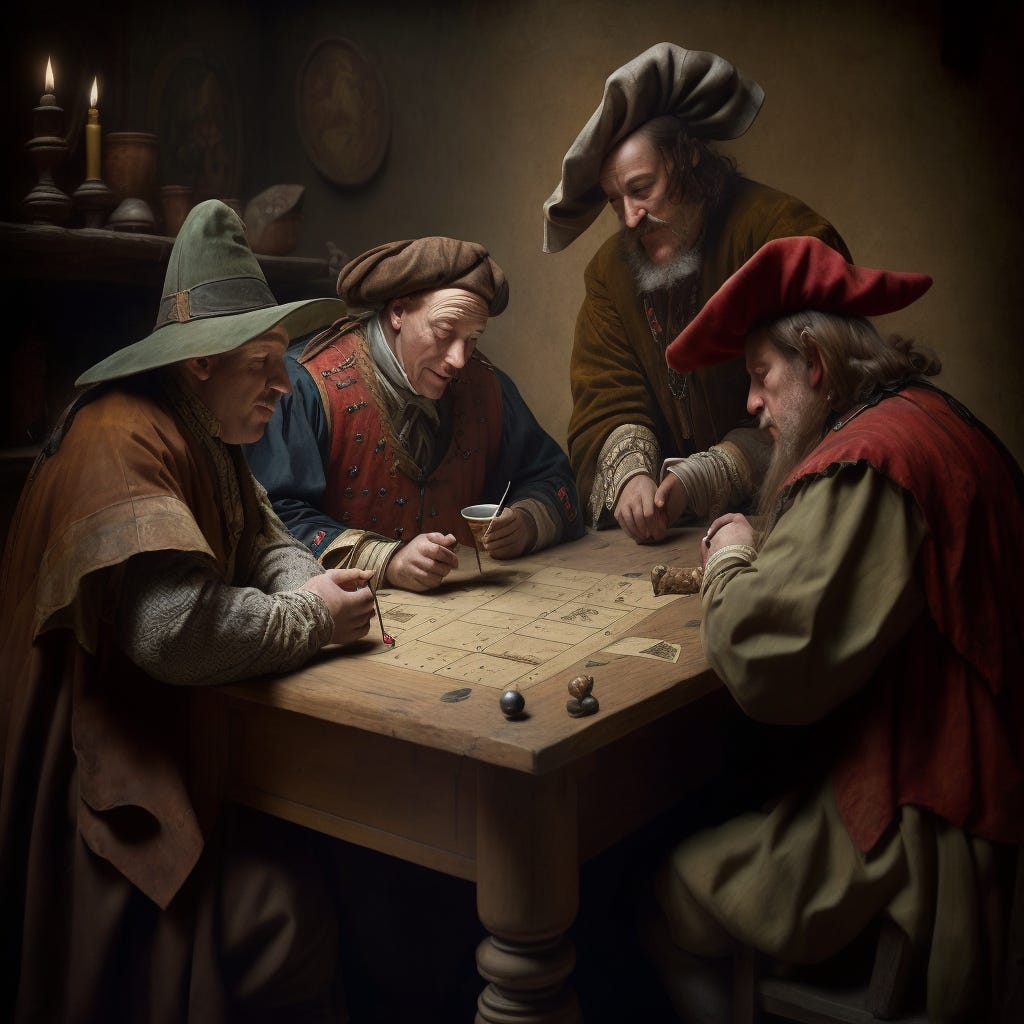The Paradox Behind Modern Probability Theory
How gambling and bad reasoning set the foundations of modern probability theory.
Dice games were popular in France in the XVII century.
People from all social classes played these games, from soldiers to celebrities to French aristocrats.
Some played professionally, like Antoine Gombaud, a writer and philosopher who, despite not being a nobleman, called himself “Chevalier De Méré,” or “Knight from the Méré region.”
The self-styled Chev…
Keep reading with a 7-day free trial
Subscribe to Underfitted to keep reading this post and get 7 days of free access to the full post archives.



